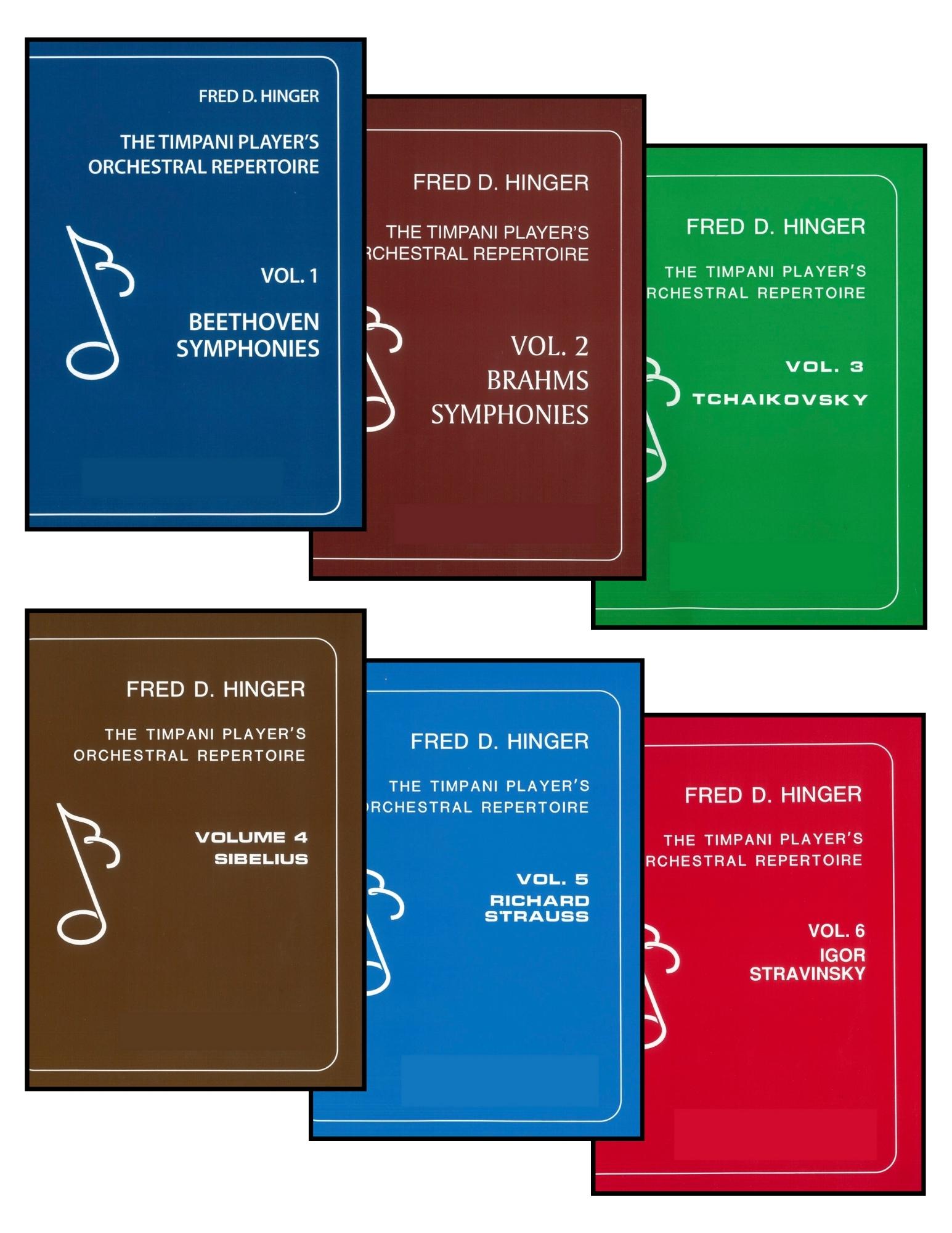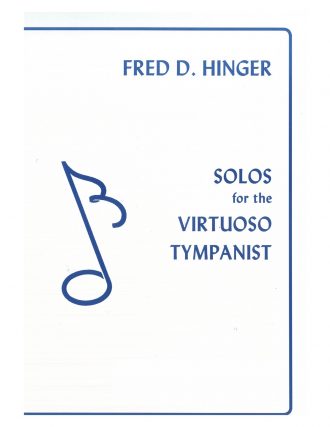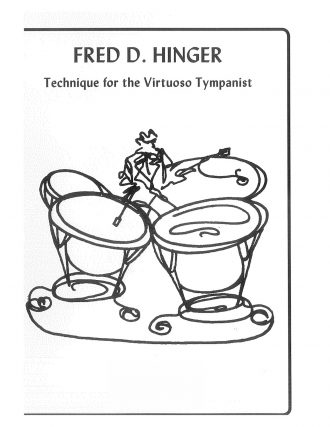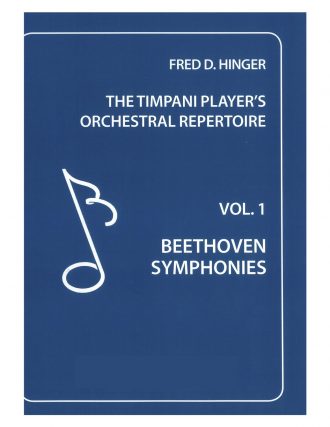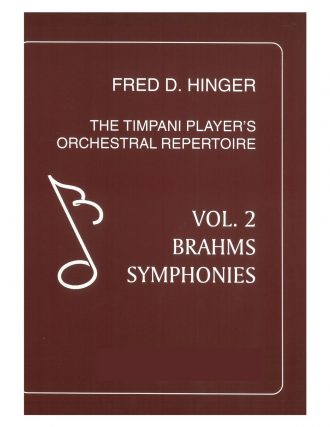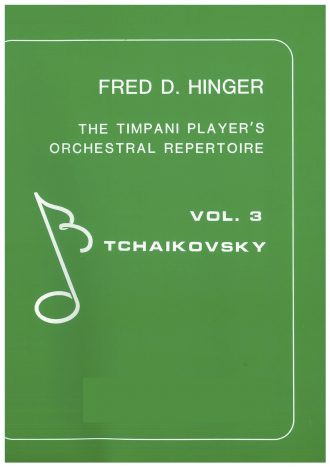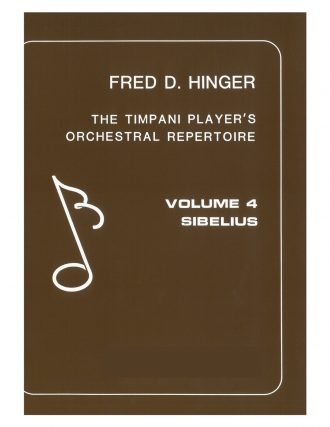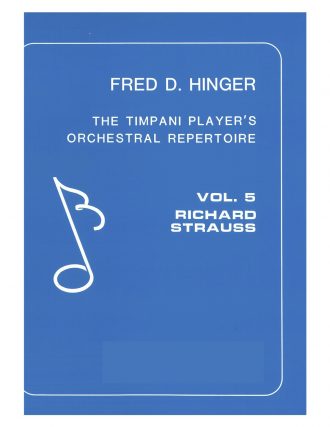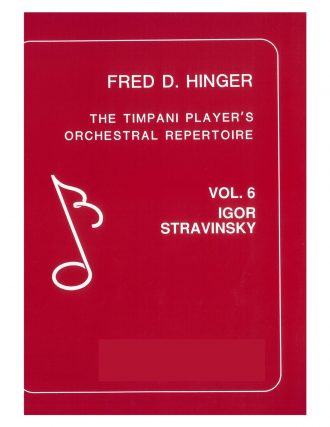Fred Hinger
Fred Hinger (1920-2001) was recognized throughout the world as one of the great percussion authorities and instrument designers. He had the distinction of holding two of the world’s premier orchestral timpani positions.
Hinger’s formal studies began during his junior high school years. While attending high school he was encouraged to pursue music as a profession. He eventually majored in Music Education and Percussion at the Eastman School of Music, where he studied with the noted percussionist William Street.
While at Eastman Hinger played with the Rochester Philharmonic under noted conductor Jose Iturbi. After receiving his Bachelor of Music degree he became percussionist and xylophone soloist with the United States Navy Band in Washington, D.C. from 1942–48.
When he left the Navy Band, Hinger and his family moved to Cleveland, Ohio where he entered the Master’s program at Western Reserve University and continued his playing doing club dates on xylophone.
In 1948 Hinger was invited to audition for the Philadelphia Orchestra with which he subsequently accepted the job as principal percussionist, succeeding the retiring Benjamin Podemski. In 1951 he accepted the orchestra’s principal timpani position which he held until 1967.
His years with the Philadelphia Orchestra under Eugene Ormandy are well documented by the hundreds of recordings that the orchestra released. During these years Hinger also taught at the Curtis institute of Music. He also established the “Hinger Touch-Tone” percussion-product company.
In 1967 Hinger left Philadelphia to accept the principal timpani post with the Metropolitan Opera Orchestra in New York, holding that position for 16 years until his retirement. His virtuoso playing and beautiful touch were heard not only by opera goers in New York, but by the millions who listened to the Metropolitan’s weekly radio broadcasts, further enhancing his world-wide reputation as a performer, teacher, clinician, and lecturer. He headed the percussion departments at both Yale University and Manhattan School of Music.
Hinger’s contributions to the timpani literature include his Solos for the Virtuoso Timpanist, Technique for the Virtuoso Timpanist, and a series of orchestral repertoire books.

